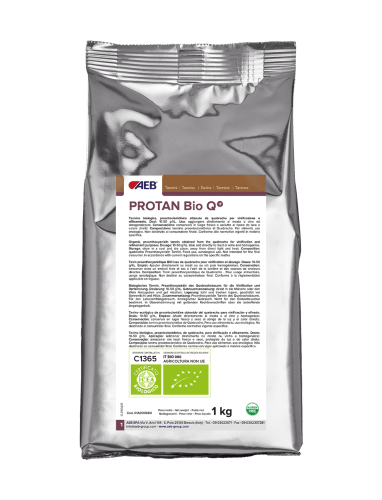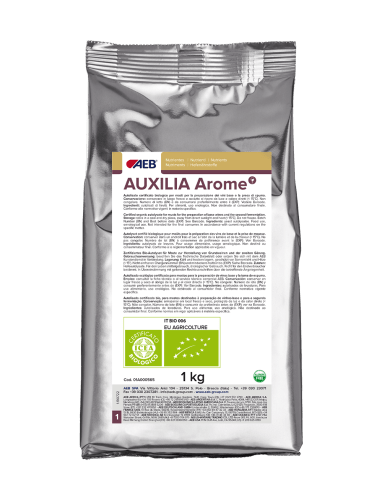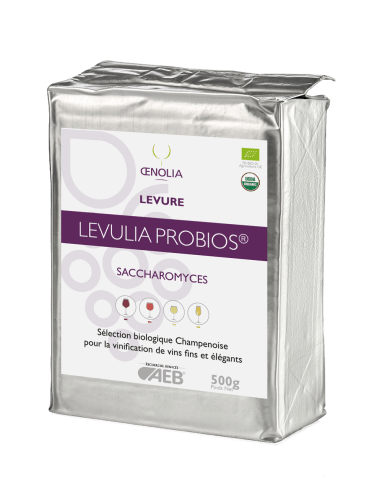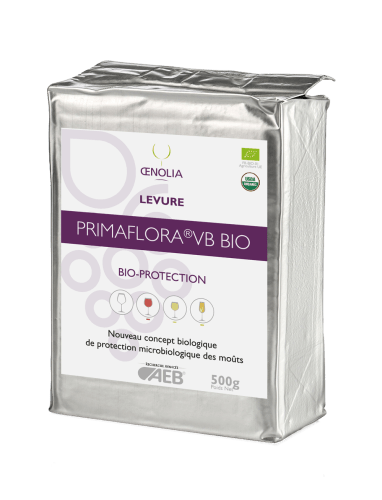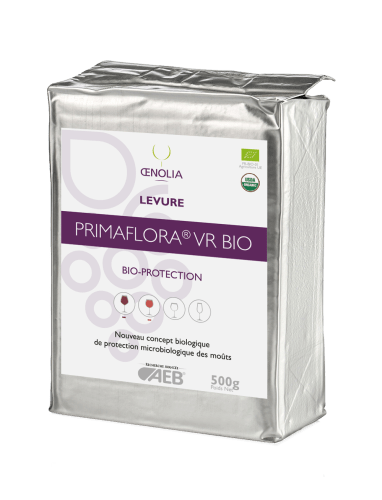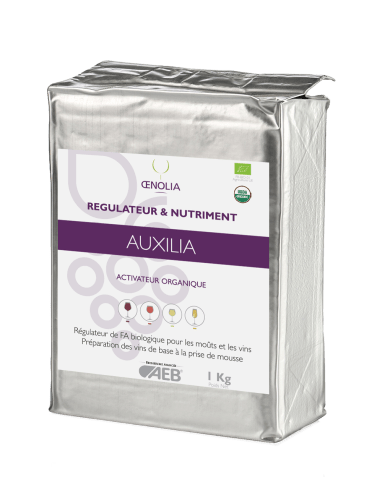ORGANIC LINE
Sustainability, for us, doesn’t only mean conserving and valuing nature, but also ensuring the winery’s economic and social sustainability. This is why we continue to invest in the research and development of products and solutions that can meet the new needs of climate change. The AEB organic line has been designed for all producers who put their body and soul every day into growing grapes and making wines while respecting the environment.
 Filter
Filter
SUSTAINABILITY AT THE VINEYARD AND WINERY
The issue of environmental sustainability at AEB is now a very important concept for us, as we believe it can no longer be ignored. Climate change has already been happening for many years and is bringing disastrous consequences with it for our planet. Every individual and organisation therefore has to address these changes by adopting drastic measures aimed at stopping this phenomenon, so we can offer a prosperous future to new generations.
There is also increasing talk in the world of wine about sustainability, or rather sustainable wine-growing. In short, it is a concept that encapsulates all those practices, both in the field and at the winery, aimed at protecting natural resources such as water, soil fertility and biodiversity, while also reducing the use of polluting chemicals. Furthermore, sustainability must also be considered from a social and economic perspective, while preserving and enhancing aspects of heritage, history and culture.
AEB ORGANIC LINE: GUM ARABIC, TANNINS AND YEASTS FOR ORGANIC WINES
The AEB organic line has been designed for all producers who put their body and soul every day into growing grapes and making wines while respecting the environment. Our offer is suitable for wine-growing free from any synthetic chemical products or genetically modified micro-organisms, which are not only compatible for making organic wines but also for "made with…", in accordance with the NOP regulation (National Organic Program) of the United States Department of Agriculture (USDA).
Our Primaflora VB BIO and Primaflora VR BIO yeast formulas are suitable for making red, white and rosé wines. They are made with a non-Saccharomyces strain, Metschnikowia pulcherrima, a species found naturally on grapes which helps the complex taste and aroma of wines, and can limit the combination of SO2 at the end of fermentation.
LEVULIA brand selected yeasts can be found in the organic range. Made from a selection chosen in the Champagne region, Levulia Probios is an organic yeast which, thanks to its excellent fermentation capacities and resistance to low pH, temperature and alcohol, is best used during second fermentation.
Created from a research programme into the microbial ecology of yeast strains found naturally on grape skins, Levulia Pulcherrima is a non-Saccharomyces yeast strain of the Metschnikowia pulcherrima species, which gives the wine complex organoleptic properties right from the alcoholic pre-fermentation stage, enhancing the aromas of its variety. Our Levulia Alcomeno is a selected Kluyveromyces Thermotolerans yeast, whose special features have a positive effect on the wine’s important analytical values, thanks to the very low conversion index between sugar and alcohol and the high production of lactic acid, helping increase the total acidity.
For wines made with very ripe grapes or very clear musts, we have created Auxilia, a product made from yeast hulls, which improves the difficult final fermentation stages and reduces the occurrence of volatile acidity. Furthermore, it makes sparkling wine bases easier to ferment, absorbing fermentation inhibitors.
The range is completed by Arabinol BIO D and Arabinol BIO L, instantly soluble certified organic gum arabic. They nurture the mellowness of wines by interacting with the tactile sensations of the flavour; they have a protective effect on the colouring substance of red wines, and are effective for stopping casse, as they prevent the formation of colloidal copper, iron and proteins.


 CIDER
CIDER

 United Kingdom
United Kingdom
